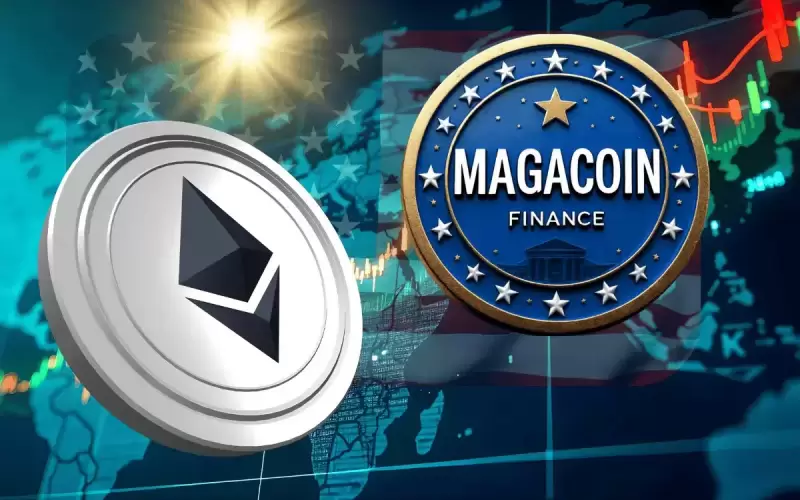
Ripple-SEC Lawsuit Draws Attention to Crypto Regulation Landscape
The ongoing legal battle between Ripple Labs and the Securities and Exchange Commission (SEC) has garnered significant public attention, prompting discussions on the classification and regulation of cryptocurrencies. The lawsuit centers on whether XRP, Ripple's native token, should be deemed a security under U.S. law.
Ripple has consistently prevailed in court proceedings, leading to speculation that the company may pursue an appeal to the U.S. Supreme Court. These developments have raised concerns about the SEC's regulatory approach towards cryptocurrencies, particularly in light of a recent court decision in a separate Coinbase case that favored the agency.
In a recent panel discussion at Columbia Business School, Ladan Stewart, the former head of the SEC's crypto litigation unit, shared her insights on the complexities of crypto regulation from the agency's perspective. Stewart emphasized that the Coinbase decision could embolden the SEC to continue its relatively stringent approach.
Stewart asserted that the SEC remains committed to overseeing the cryptocurrency industry, stating that the agency "is not going to pull back from any of our cases in the crypto space." She further noted that the SEC is actively engaged in ongoing enforcement actions.
During the session, Stewart acknowledged the possibility of the Ripple lawsuit being appealed to the Supreme Court, highlighting the potential for a definitive ruling on the definition of securities in the context of cryptocurrencies.
Other panelists voiced contrasting views, expressing dissatisfaction with the SEC's regulatory tactics. Rebecca Rettig, an analyst at Polygon, and Lewis Cohen, an attorney at DLx Law, argued that the SEC's approach is impractical and inconsistent with existing laws. They emphasized the ambiguity surrounding the regulation of securities within digital asset markets.
The discussion highlighted the ongoing debate over the appropriate level of crypto regulation. The U.S. legal framework for cryptocurrencies is still evolving, and the outcome of the Ripple lawsuit is expected to have significant implications for the broader industry.
According to Stewart, a Supreme Court decision on the Ripple lawsuit could provide much-needed legal clarity, potentially leading to adjustments in enforcement and compliance activities.
The panel discussion concluded with Stewart striking a conciliatory note, emphasizing the importance of ongoing dialogue and legislative efforts to determine the future of crypto regulation and the integration of digital currencies into financial practices.





















































































